Wolverine, Roy Thomas and the Fight to Control Comics History
By Dan Brown
Comic fans are a peaceful bunch. Just don’t slight the achievements of their favourite creators – they will take you down.
This fact was brought home once again when Roy Thomas – who was named editor-in-chief of Marvel Comics when Stan Lee ascended to the publisher’s office of the venerable company in 1972 – was granted official co-creator status of the character Wolverine ahead of the release of the third Deadpool movie.
A lot of fans are pissed.
They don’t like how Thomas has been granted retroactive credit (but not cash) for having a hand in creating their favourite Canadian mutant.
I’m not here to defend or advocate on behalf of Thomas, who was famously lampooned by Jack “King” Kirby not as Lee’s house boy, but his “Houseroy.”
Instead, I want to ask a more basic question. I may not get around to actually answering it.
Why does it matter?
If you know a little bit about comics history, the Roy foofaraw won’t be news to you.
You’ll already know these kinds of battles within fandom are common.
Since the creation of mainstream comics was historically a team pursuit – requiring an artist, writer, inker, colourist, letterer, editor and sometimes others – different groups of fans like to go to bat for their favourite creators, saying their guy or gal played a bigger part than the credits from individual issues would indicate.
The war between Kirby’s supporters and Lee partisans, for example, rages on even though both men are dead (Kirby passed in1994, Lee in 2018).
In the eyes of the King’s proponents, he was the real genius behind superheroes like the Fantastic Four, Thor and Black Panther. Lee’s real contribution, they argue, was staying alive longer and being brash and shameless enough to steal the credit that was due his partner.
Even though the credits on back issues may attribute only the pencil work to Kirby, these devoted admirers will go to great lengths – quoting old interviews, scouring archival sources, recruiting still-living contemporaries to share their memories – to back up their claims.
Now, I understand why this matters to a creator and his or her family – it’s a question of money and copyright. To a self-effacing artist such as Kirby, it was also a matter of pride.
But why the hell would fans care, especially decades later?
Why does it matter if Roy Thomas helped come up with Wolverine or not?
Let’s face it: The average Wolverine fan in 2024 doesn’t even read comics; when they think of Wolverine, they think of Hugh Jackman, not any artist or scribe who was snubbed in the past.
The modern fan knows Logan primarily as a movie and video-game character. They enjoy his violent adventures untroubled by thoughts of whatever might or might not have happened or been said in the Marvel bullpen decades ago.
It’s not like the fans were personally ripped off by Thomas.
And the truth is, only the creators themselves know the truth. You and I weren’t in the room, and at this point neither Kirby nor Lee can give us their accounts from beyond the grave.
An optimist might say, “Even if we disagree on who did what, we all agree that we love comics, right? Can’t we just focus on that?”
Nope.
For the diehard Jack Kirby or Stan Lee or Roy Thomas fan, it’s not enough. Their version of the creation story must prevail. The object of their devotion must be acknowledged as the rightful originator, and thus be redeemed.
What’s at stake here, on a larger level, is how history is written. In this case, it’s the history of comic books. True believers get so worked up if their version of events is not the one that ultimately gets lodged in the history books. There’s much virtual pouting and yelling when they don’t get their way.
If you want to use public-relations terminology, their raison d’etre is to “control the narrative.”
Oh, and if you’re wondering where I stand on any of this: I’ve written many columns in my career praising Jack Kirby as a powerful visionary, but not a one about Stan Lee.
And I think if Roy Thomas had played a major role in making Wolverine the character so many of us love today, we’d already have heard about his contribution by now. If it were true his role was essential, it would be impossible to deny at this late date.
Dan Brown has covered pop culture for more than 31 years as a journalist and also moderates L.A. Mood’s monthly graphic-novel group.



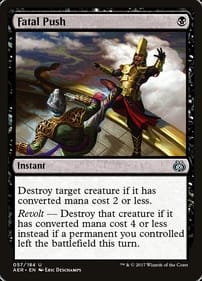
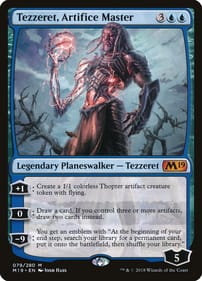
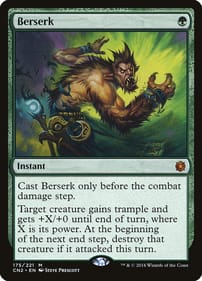
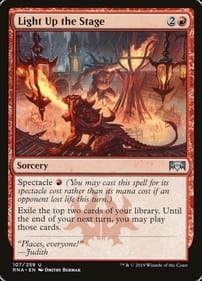
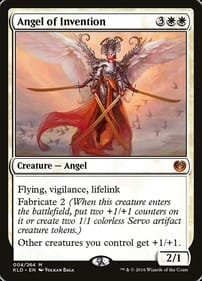
Leave a comment